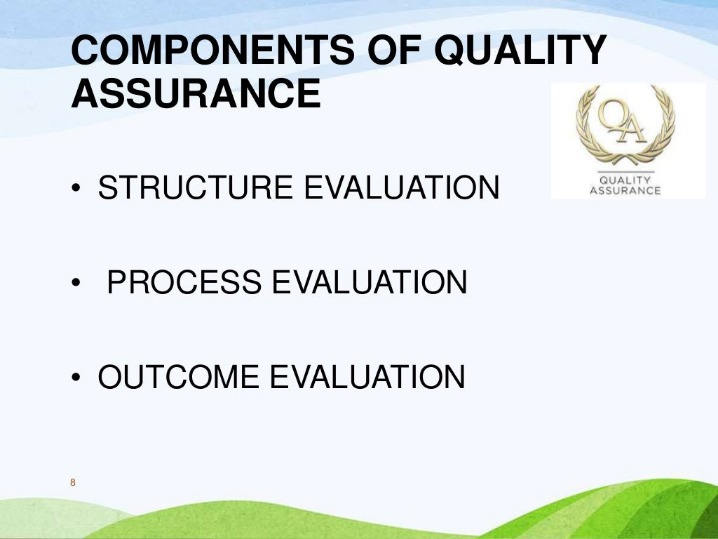In the fast-paced world of public transportation, ensuring quality service is crucial for both passengers and transit agencies. Transit Quality Assurance plays a vital role in maintaining standards and improving the overall transit experience. Let’s delve into the significance of Transit Quality Assurance and how it impacts the transit industry.
What is Transit Quality Assurance?
Transit Quality Assurance refers to the process of monitoring, evaluating, and improving the quality of transit services to meet the needs and expectations of passengers. It involves various measures and strategies to ensure that transit operations are efficient, reliable, safe, and customer-friendly.
Why is Transit Quality Assurance Important?
Transit Quality Assurance is essential for several reasons:
-
Read more about Transportation here.
- Enhancing passenger satisfaction
- Ensuring safety and security
- Improving operational efficiency
- Building trust and credibility
By focusing on quality assurance, transit agencies can address issues proactively, identify areas for improvement, and deliver an exceptional transit experience for passengers.
How is Transit Quality Assurance Implemented?
The implementation of Transit Quality Assurance involves various strategies and practices, including:
- Regular inspections and audits of transit facilities and vehicles
- Monitoring performance metrics such as on-time performance and customer feedback
- Training and development programs for transit staff
- Implementing quality management systems
By adopting a comprehensive approach to quality assurance, transit agencies can ensure that their services meet the highest standards and exceed customer expectations.
Frequently Asked Questions about Transit Quality Assurance
Q: How does Transit Quality Assurance benefit passengers?
A: Transit Quality Assurance leads to improved service reliability, safety, and customer satisfaction, ultimately enhancing the overall transit experience for passengers.
Q: What role do passengers play in Transit Quality Assurance?
A: Passengers can provide valuable feedback and insights that help transit agencies identify areas for improvement and deliver a better quality of service.
Overall, Transit Quality Assurance is a critical component of the transit industry, ensuring that passengers receive safe, efficient, and reliable transportation services. By prioritizing quality assurance, transit agencies can build trust, enhance passenger satisfaction, and drive positive outcomes for both passengers and the transit industry as a whole.



